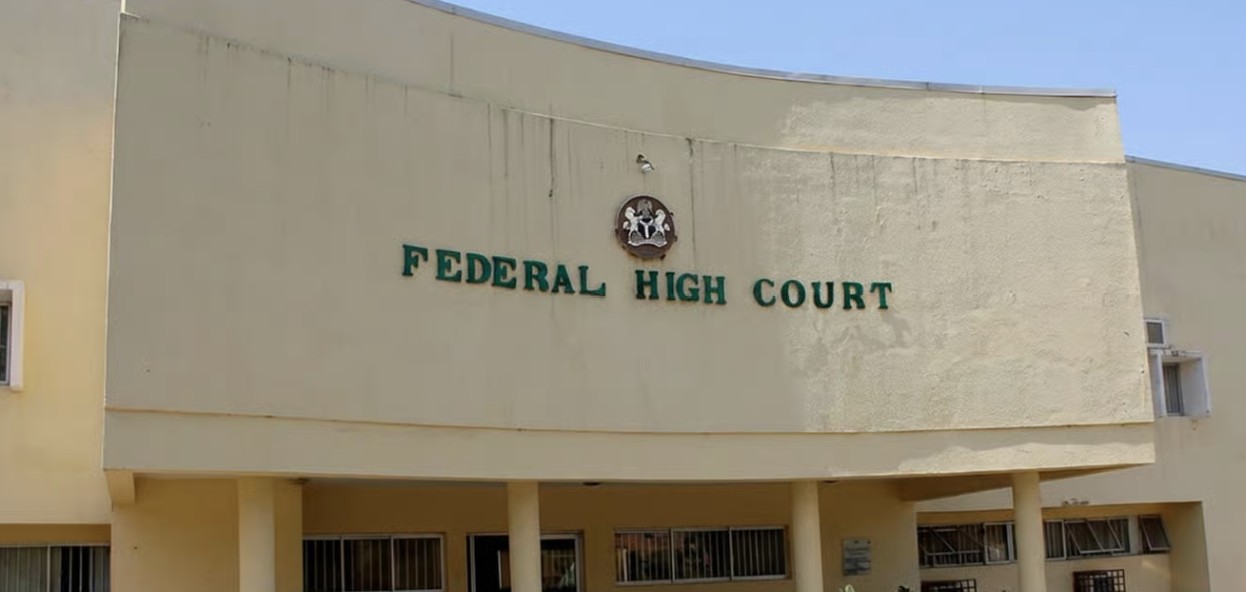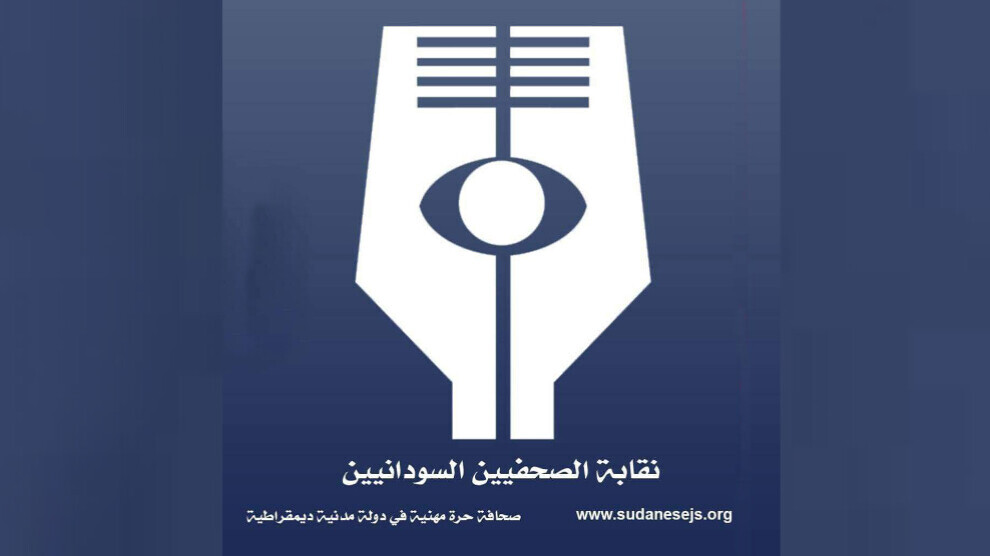
Collateral Freedom: RSF Restores Access to Censored News in Russia and China
September 27, 2024
Russia-Linked Disinformation Spoofs European Media to Spread Propaganda
September 30, 2024September 28, 2024 – Africa –
On the occasion of the International Day for Universal Access to Information, the International Federation of Journalists (IFJ) and its African affiliate, the Federation of African Journalists (FAJ), called on African governments to adopt and enforce meaningful access-to-information (ATI) laws. They emphasized that robust information access is not just a media issue—it’s a cornerstone of democratic governance, transparency, and accountability.
In many African countries, journalists still struggle to obtain basic public data necessary for reporting. Weak or outdated ATI laws, bureaucratic red tape, and state secrecy all contribute to a hostile environment for investigative journalism. This lack of access doesn’t just silence journalists—it keeps citizens in the dark, undermines public participation, and enables corruption to thrive unchecked.
According to FAJ President Omar Faruk Osman, effective ATI laws are crucial for empowering journalists to uncover the truth, hold power to account, and provide citizens with accurate, timely information. Yet, while the African Charter on Human and Peoples’ Rights and the African Union’s Model Law on Access to Information set strong legal standards, many member states have yet to implement or enforce them adequately.
FAJ and IFJ are urging governments to close this gap. They are calling for laws that meet international standards, are transparent in application, and include strong enforcement mechanisms. But legislation alone isn’t enough. The organizations stress the need for training journalists on how to use ATI rights, public awareness campaigns to educate citizens, and clear appeal processes when access is denied.
FAJ is also working with institutions like UNESCO and civil society groups to pressure governments into action. Their goal is to ensure that access to information is not just a theoretical right, but a practical reality that strengthens democratic governance and protects press freedom.
The message is clear: without transparency, democracy suffers. And without access to information, journalism cannot fulfill its public watchdog role. For Africa to thrive democratically, information must flow freely, not selectively or at the state’s convenience, but as a guaranteed right of the people.
Reference –




